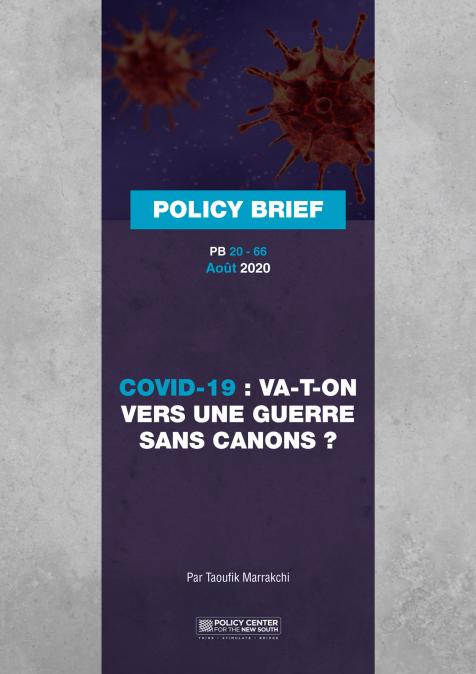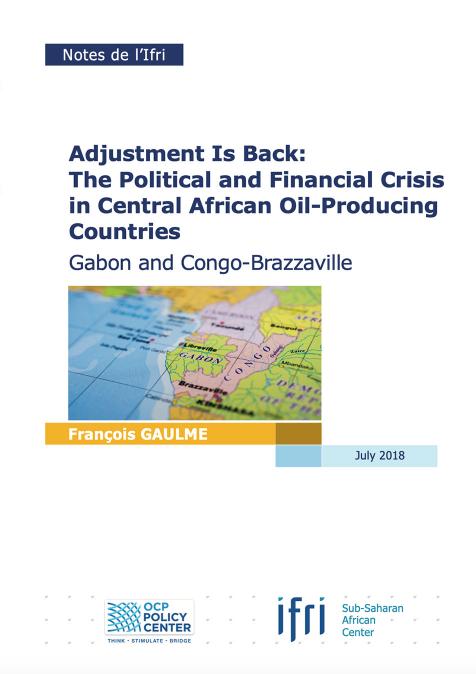Publications /
Policy Brief
Entre les Etats Unis et la Chine, la crise du nouveau Coronavirus est un sujet qui avive les tensions augurant d’une guerre sans canons où l’enjeu n’étant ni territorial ni idéologique, mais économique. Très virulent à l’égard de la Chine, bien avant cette crise, le locataire de la Maison Blanche la menace de sanctions économiques et pousse vers son isolement sur la scène internationale en vue de contenir son influence. En contradiction de la célèbre Maxime de Deng Xiao Ping “hide your strength and bide your time”, la Chine de Xi Jinping est un acteur qui se veut incontournable sur l’échiquier mondial et dont la volonté de suprématie, à géométrie variable, est de moins en moins masquée.
Dans cette guerre, le théâtre d’opérations verrait la confrontation de deux alliances stratégiques antagonistes. D’une part, l’alliance transatlantique, dirigée par les Etats-Unis et soutenue par d’autres pays alliés, tels que l’Australie, la Nouvelle Zélande et les Etats du Golfe. D’autre part, une coalition plus discrète, mais non moins présente, serait composée de la Chine, de la Russie, de l’Iran, de la Corée du Nord, ainsi que de l’ensemble des Etats, anciennement satellites de la Russie, désormais affidés à la Chine, en Asie centrale et du Sud-est.
Quels sont les enjeux, les acteurs et les facteurs de cette guerre ? Quels sont les objectifs et les stratégies adoptés par chaque coalition ? Quel est l’impact de cette confrontation sur l’économie chinoise et sur le devenir de son modèle politique ? C’est à ces interrogations que le présent Policy Brief a pour ambition d’apporter des éléments d’éclairage.




